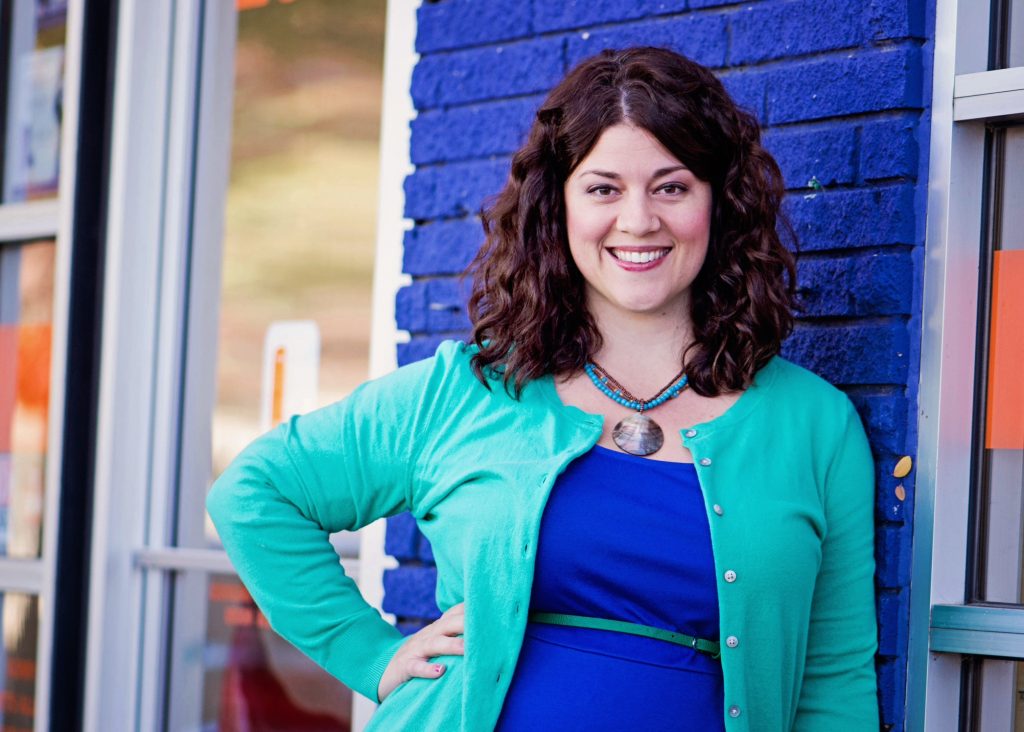Alyssa Highland (MA/BC 08)
I currently work with the Deaf and hard of hearing population through The Highland Practice, a counseling private practice in Dallas, Texas. I've worked as a certified American Sign Language (ASL) interpreter for the past eleven years. Most counseling services for people with hearing loss involve a third person in the setting, like an interpreter. Being fluent in ASL, I'm able to provide direct counseling services without a third party assistant. This direct communication reduces the added barriers present in developing rapport between client and counselor.
People with hearing loss comprise a minority in the U.S. that is not historically well reached with truth and love. Individuals with hearing loss commonly experience isolation from the world due to language barriers, especially those deaf from an early age. Using interpreters to communicate with the world around them, deaf people are always visitors in their interactions. They are like foreigners in their own families and in the churches where they grow up. Members of the Deaf community find camaraderie, support, and similar struggles and experiences with each other. The American Deaf community treasures its language, American Sign Language, and collectivist values. Individuals who are hard of hearing or have mild hearing losses find themselves between worlds. Though they have enough residual hearing to be considered hearing and to be able to speak for themselves, they have no access to the nuances of the hearing world and, therefore, miss out on any interaction not within their line of sight.
One of the things I value the most about my education at DTS is the balance of the MABC program. I learned all about secular counseling theory, history, and techniques used in the profession. As I learned about the professional options and orientations, I was guided to filter this information through the truth of Scripture. I developed the ability to weigh the difference between what God's Word says about the sin and struggle in our lives, and what the world views as our sources of conflict. DTS was a boot camp of sorts in my life: physically, emotionally, and spiritually. As a Christian studying to be a counselor, my faith was strengthened through study and the trials God walked me through during that time. Graduating from DTS, I felt empowered for the first time in my ability to approach God and Scripture and speak His Truth with authority. I experienced grace and love deeply while I stumbled through seminary, and am now able to share that love with my clients.
Clients don't always know what I'm modeling for them, since I don't provide religious counseling services and don't quote Scripture in session. I don't explicitly say, "I am showing you the love of Christ right now because He has shown it to me, and is working through me." But my prayer before and during each session is that God would reveal himself to that client, and through relationship with Him, bring healing and restoration to that client's life. I believe that all truth is from God, and He is the source of love, so whether I'm speaking to a believer or non-believer, I trust that God is glorified by the principles and interactions I reinforce.
I'm thankful that God has allowed me to learn about and serve the Deaf community in this capacity. I'm honored and excited that I am invited to participate in the growth and healing which only He can provide in my clients’ lives.
Looking back, I miss being a part of the seminary community. It felt like heaven on earth when I entered seminary life. I was surrounded by theologians, experts, ministers, and fellow students who were passionate about devoting their lives to the study of God's Word and to bringing glory to Him alone. I spent five years completing my MABC course work. My favorite experiences in the DTS community were during my first two years when I attended almost full-time and could sit and talk with students and professors before and after classes. However, my favorite learning experiences occurred during the last three years when I attended part-time. Taking classes one at a time allowed me to focus my full attention on each course, without feeling divided and exhausted. Even though I was overwhelmed by my course load in addition to working to pay bills; even though I was overwhelmed (in a good way) with all of the social opportunities and amazing new friends to engage; even though I was physically and emotionally exhausted most of the time, at DTS, I was afforded the huge luxury of being able to devote my time to learning about God, His Word, and His people.

